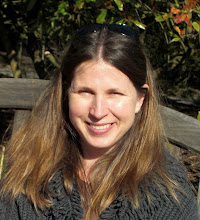It seems that the longer a society experiences peace and stability, the more likely its social cohesion is to weaken.
In the immediate wake of war, a degree of social leveling can be observed, where the haves and have-nots are brought together by the shared misfortunes of violence and destruction. A society pulls together by forming solidarity pacts on local and even national levels that transcend differences.
Carefully crafted identities tied to income, heritage, education and religion are overcome for the common good. The trauma of suffering is shared by all and acts of compassion by those who are more fortunate than others provide a bridge between the camps.
But this empathic phase usually diminishes within a generation. As peaceful times provide the basic needs of shelter, food and clothing and welfare systems see to the provision of secondary goods such as healthcare, education, and safety, cohesion erodes. Social strife supercedes social collaboration.
These dynamics can be traced throughout human history. The peaceful Beaker Culture was replaced by warmongering societies whose chiefs bolstered their prestige by amassing precious metal works.
Great civilizations were not immune to it and in fact generally thrived on the exploitation of many by few - that is unless they failed to provide the basic necessities, which then would lead to civil uprisings, revolutions and coup d’Etats. Examples of this abound and often mark the cornerstone of a new era, such as the beginning of the Roman Republic, the drafting of the Magna Carta, and the passing of the Code Napoleon. But none will withstand our competitive nature - the call of the wild.
After the extensive rebuilding of civil society in the aftermath of two horrific wars, many European countries experienced a phase of social stability and shared prosperity which culminated in the nineteen eighties and early nineteen nineties. However, a gradual erosion has set in since as we witness income gaps increase and wealth distribution curves move away from the median.
Primatologist Frans de Waal likes to evoke the image of the empathic ape in making an argument for our human potential to build empathic societies. However, I tend to keep to a an old adage when dealing with humans: trust is good, watchfulness is better.





